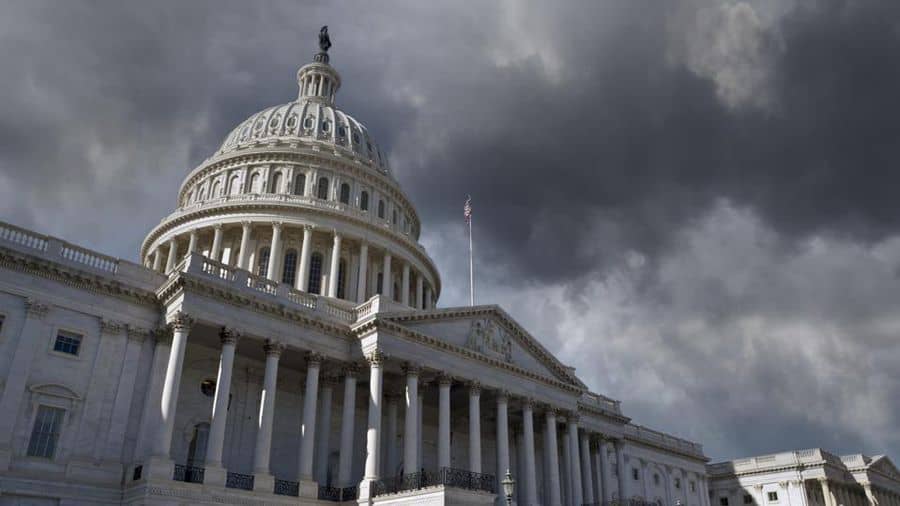
Lawmakers in the House Ways and Means Committee passed the SECURE Act 2.0 retirement reform bill late Wednesday, which contains a number of provisions designed to boost Americans’ retirement savings.
“This legislation expands automatic enrollment, simplifies many retirement plan rules, and strengthens small businesses’ ability to offer workplace retirement plans, to make it easier for Americans to plan for their golden years,” said Chair Richard Neal, D-Mass., and Rep. Kevin Brady, R-Texas, in a joint statement.
“We are now one step closer to improving Americans’ financial security, and hope to see this measure move through Congress and be signed into law in short order.”
The first phase of the SECURE Act was implemented in 2019, after passing both chambers of Congress handily. It contained provisions to increase access to retirement plans, to incentivize small businesses to offer them to workers and to give greater flexibility to account holders when it comes to saving and withdrawing later in life.
The SECURE Act 2.0 builds on these policies and lawmakers are aware that some people may have tapped into savings to weather the economic effects of the coronavirus pandemic, or otherwise adjusted their savings strategy to boost their disposable income.
The legislation would require companies that offer retirement plans to automatically enroll employees and offer credits for small businesses that offer plans.
It would also further delay the age at which required minimum distributions must start to 75 from 72 while allowing exemptions for individuals with less than $100,000 in their accounts.
In terms of catch-up contributions, certain eligible workers (aged 60 and up) would be allowed to stash more money away into plans as they approach retirement. Catch-up limits would also be indexed to inflation.
For people paying off student loan debt, it would allow money to be put toward that debt instead of a defined contribution plan, but the individual would still receive an employer match for their retirement plan.
























